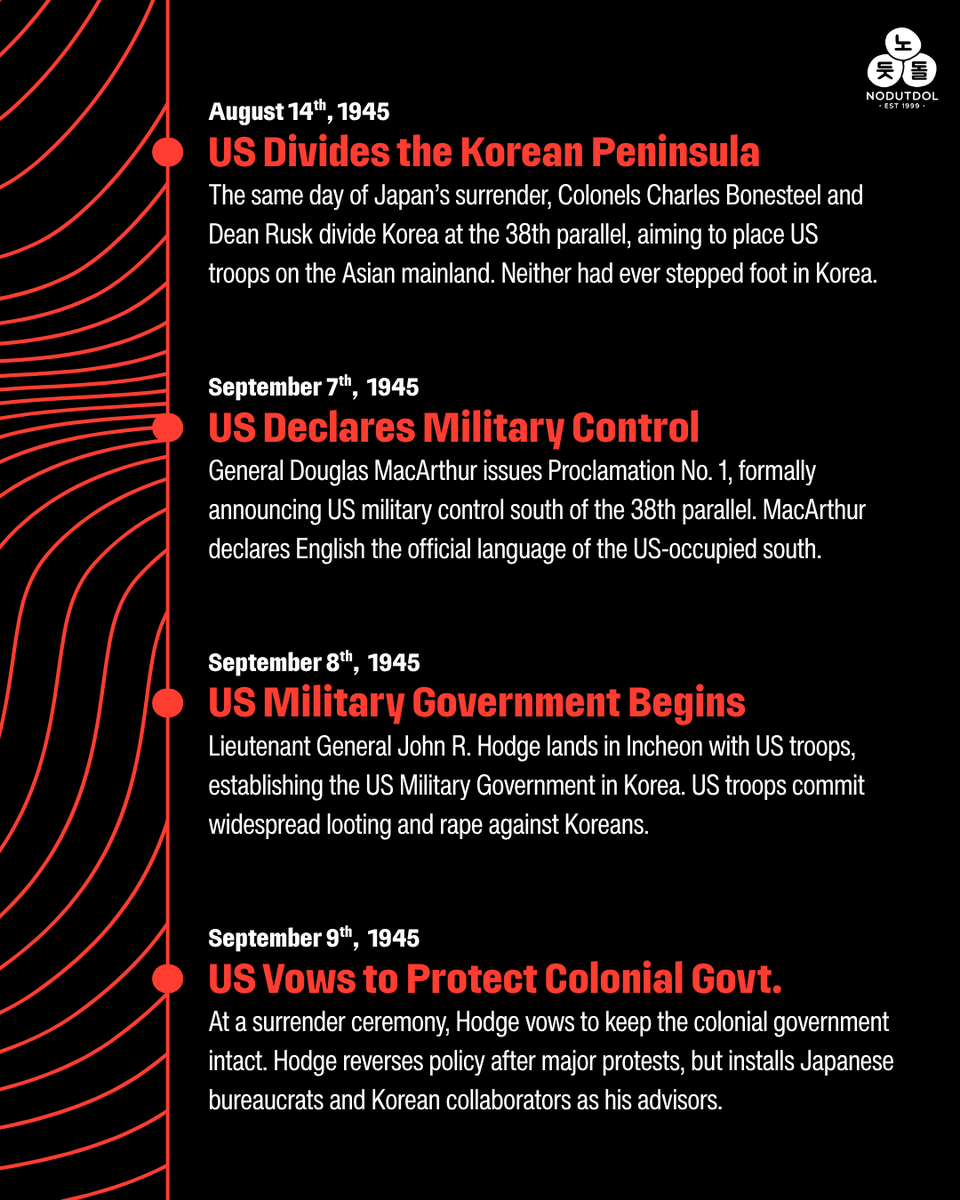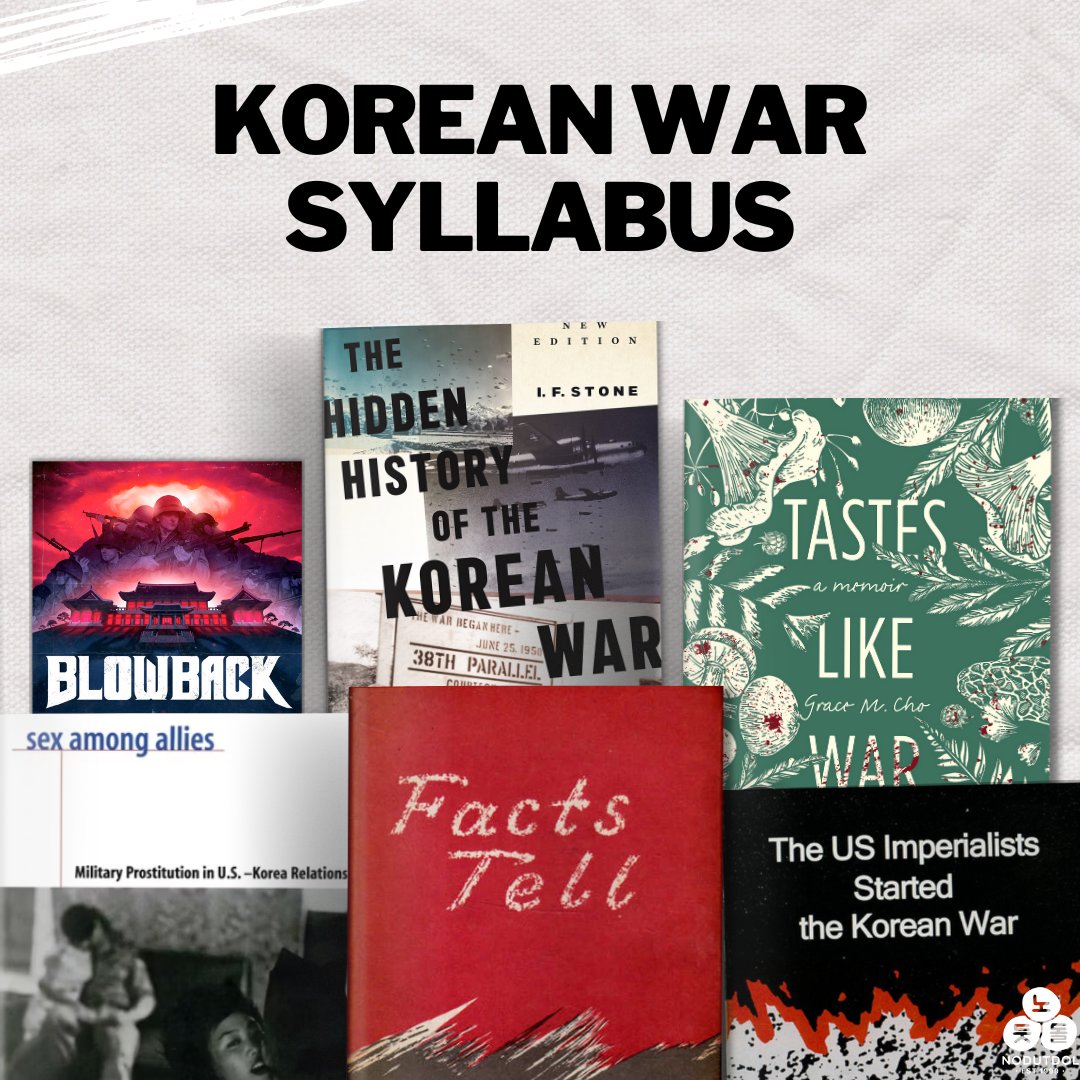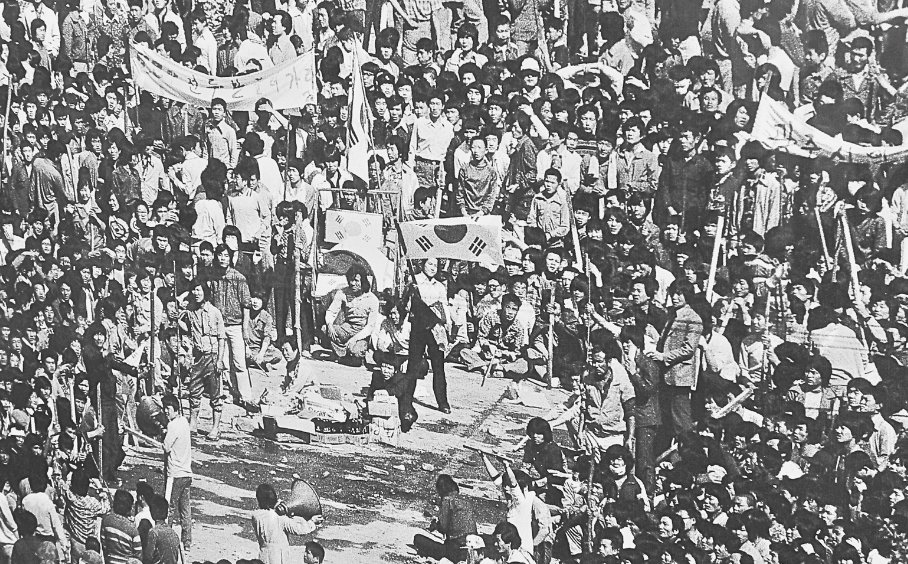On Sunday, Dec 19th, the Migrants’ Trade Union + the Korean Confederation of Trade Unions held an International Migrants' Day rally in Seoul.
"We migrant workers are still being treated like disposable goods.” - Udaya Rai, MTU President

"We migrant workers are still being treated like disposable goods.” - Udaya Rai, MTU President


The rally was held a day after International Migrants’ Day (Dec 18), because the workers couldn’t get time off for that Saturday.
While holding signs that read “abolish racial discrimination,” migrant workers demanded changes to south Korea’s Employment Permit System

While holding signs that read “abolish racial discrimination,” migrant workers demanded changes to south Korea’s Employment Permit System


Under current laws, migrants who change jobs too often become undocumented. Consequently, many migrant workers are trapped in abusive and dehumanizing jobs.
“Because of the Employment Permit System, migrant workers are doing slave labor.” - Udaya Rai
“Because of the Employment Permit System, migrant workers are doing slave labor.” - Udaya Rai

A vigil was held to honor Nuon Sokkheng, a Cambodian farm worker who died last winter while being forced to sleep in a greenhouse in subzero temps. One study of south Korean farms found up to 70% of migrant workers are housed in similar conditions. reuters.com/article/us-tha… 

Chonsawat, a Cambodian farm worker, explained the conditions that killed Sokkheng are still the norm on south Korean farms: “We don’t have any heating or hot water in the container dormitory where I live. When it rains, the water leaks from the ceiling." english.khan.co.kr/khan_art_view.…
This rally was part of the ongoing series of national mobilizations that began with KCTU’s general strike in September. An all-people’s national mobilization will be held on January 15th ahead of the upcoming south Korean presidential elections. 

Migrants are a super-exploited strata of south Korea’s working class, and their struggle against exploitation and racism cannot be separated from the working class movement against neoliberalism shaking south Korea.
Translation: "We are not machines or slaves."
Translation: "We are not machines or slaves."

South Korea's right appeals to racism and xenophobia to demonize migrants. The truth is citizen and migrant workers alike have a shared interest in class struggle based on internationalism, anti-racism and solidarity.
Pictured: MTU & KCTU workers singing together
Pictured: MTU & KCTU workers singing together

We salute the efforts of the Migrant Trade Union. And we will continue to struggle for a world free of imperialism—where workers are not compelled to leave their homelands by the parasitism of other countries, nor persecuted & discriminated against for their race or citizenship.
• • •
Missing some Tweet in this thread? You can try to
force a refresh























